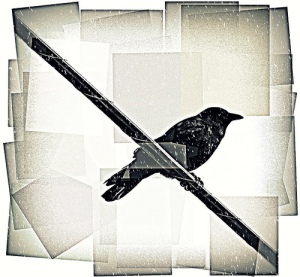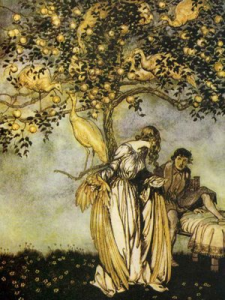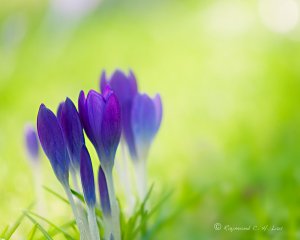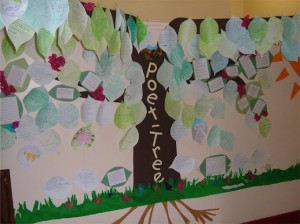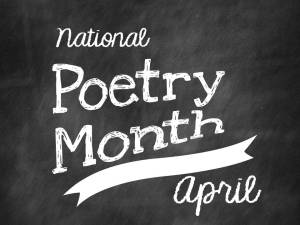A German poet for the 29th day of #poetrymonth
All of Us or None by Bertolt Brecht
Slave, who is it that shall free you?
Those in deepest darkness lying.
Comrade, only these can see you
Only they can hear you crying.
Comrade, only slaves can free you.
Everything or nothing. All of us or none.
One alone his lot can’t better.
Either gun or fetter.
Everything or nothing. All of us or none.You who hunger, who shall feed you?
If it’s bread you would be carving,
Come to us, we too are starving.
Come to us and let us lead you.
Only hungry men can feed you.
Everything or nothing. All of us or none.
One alone his lot can’t better.
Either gun or fetter.
Everything or nothing. All of us or none.Beaten man, who shall avenge you?
You, on whom the blows are falling,
Hear your wounded brothers calling.
Weakness gives us strength to lend you.
Come to us, we shall avenge you.
Everything or nothing. All of us or none.
One alone his lot can’t better.
Either gun or fetter.
Everything or nothing. All of us or none.Who, oh wretched one, shall dare it?
He who can no longer bear it.
Counts the blows that arm his spirit.
Taught the time by need and sorrow,
Strikes today and not tomorrow.
Everything or nothing. All of us or none.
One alone his lot can’t better.
Either gun or fetter.
Everything or nothing. All of us or none.

